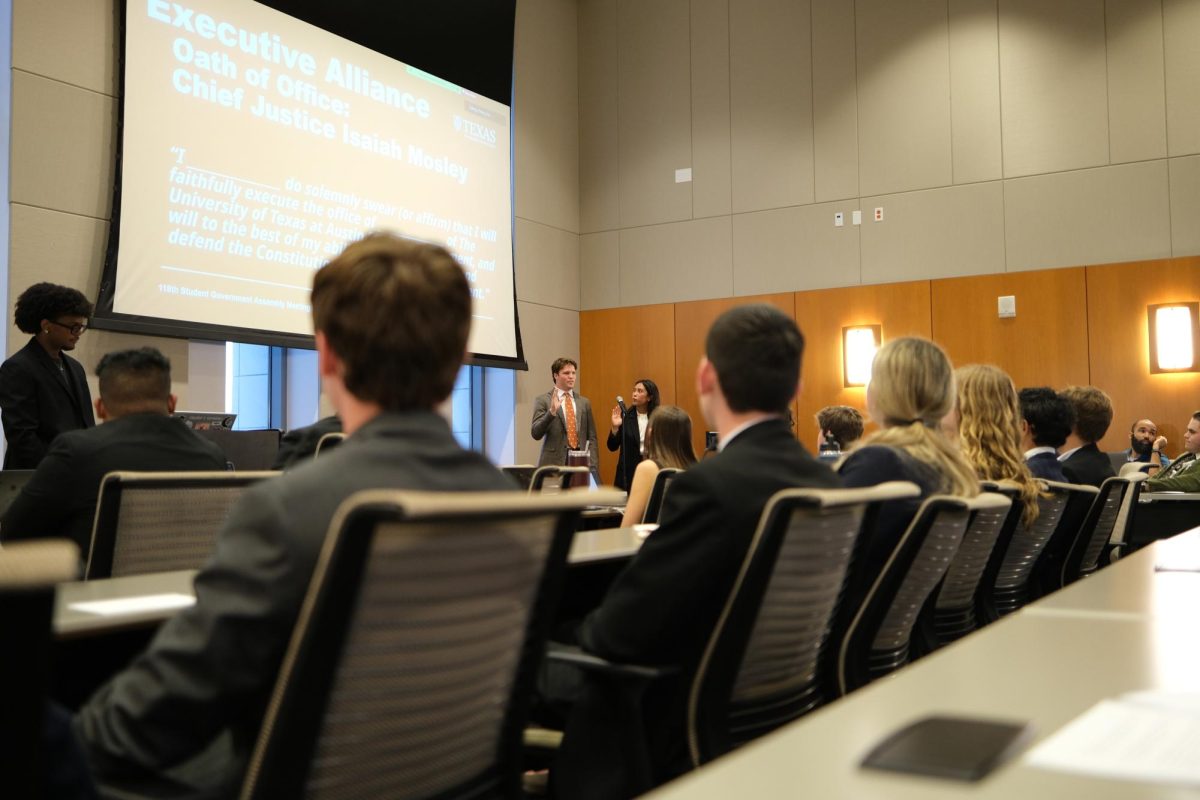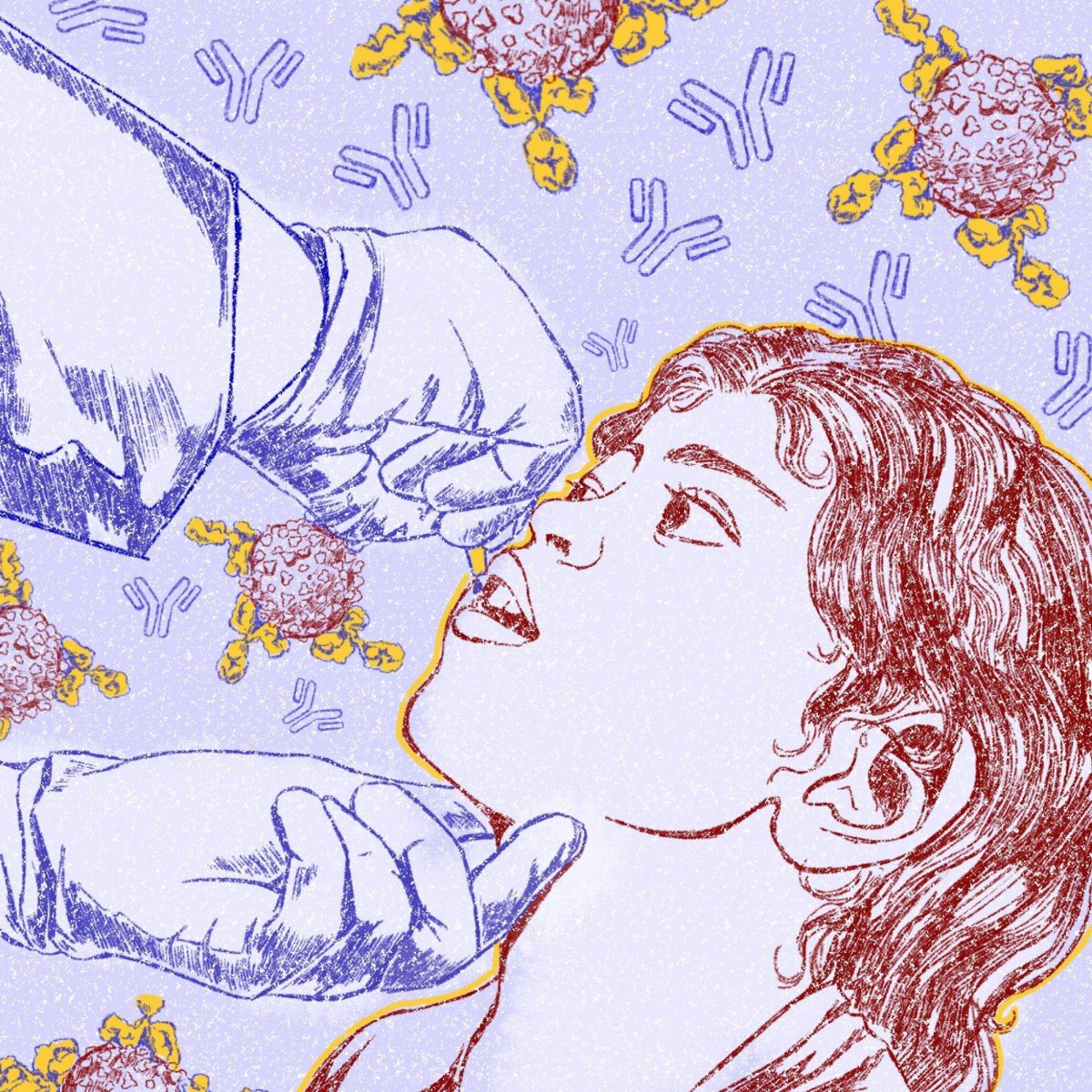The University of Texas and private research university Tec de Monterrey are launching a new research center on UT’s campus to further research around health issues impacting Latino communities, according to a March 21 press release.
Guillermo Torre, the president of the health division at Tec de Monterrey, said the OriGen Health Research Center will focus on understanding the variables affecting illnesses in different Latino and Mexican populations. He said this research is important for identifying treatments and ultimately creating public policy for the future.
“We have, for a long time, attempted to answer questions that are relevant to Mexicans and Latinos and (to explore) the differences that may contribute to the expression of disease between native Mexicans in the United States versus the expression of disease in Mexicans in Mexico,” Torre said.
According to the press release, certain chronic illnesses occur more often in Latino populations, including diabetes, obesity and certain types of cancer. Torre said the two universities started a project five years ago to create the largest biobank of clinical and statistical information, which allowed them to represent a “true Mexican population” and understand both the expression of these diseases and how a disease becomes visible in relation to its environment or genetic factors.
The research center’s projects include an artificial intelligence-based study to identify where dangerous fat accumulates in the human body and how this affects Latino populations. The center will also research Latinos’ psychological stress and examine family interventions that lead to lifestyle improvement in adolescents, according to the press release.
Gabriela Livas Stein, the chair of UT’s Department of Human Development and Family Sciences and co-director of the new research center, said she thinks all UT students will be able to benefit from this partnership. She said one of the goals of this collaboration is to develop an exchange program so students can study at the other university.
“(This program) allows you to really understand how to develop collaboration across different groups, which is really important,” Livas Stein said. “Students will be exposed to cutting-edge research under a lot of questions that have yet to be answered. A lot of what we know about the genetic and biological underpinnings of disease come from primarily white European descendants, so this will be a really rich opportunity to widen our understanding of the intersection of all of these factors in another population in the world.”
Livas Stein said each university has a research center co-director in charge of organizing different research projects. Alexandro Martagón, the co-director from Tec de Monterrey, said the center will be completed in the coming months.
Martagón said researchers from Tec de Monterrey will move to UT to work at the new center. He said he is excited about the center because of the positive energy surrounding both universities.
“Both universities have a lot of talent, have a lot of expertise, have huge infrastructures, but this project is not only an idea, it has a lot of heart and a lot of commitment between both institutions,” Martagón said. “That is what is moving the project.”













